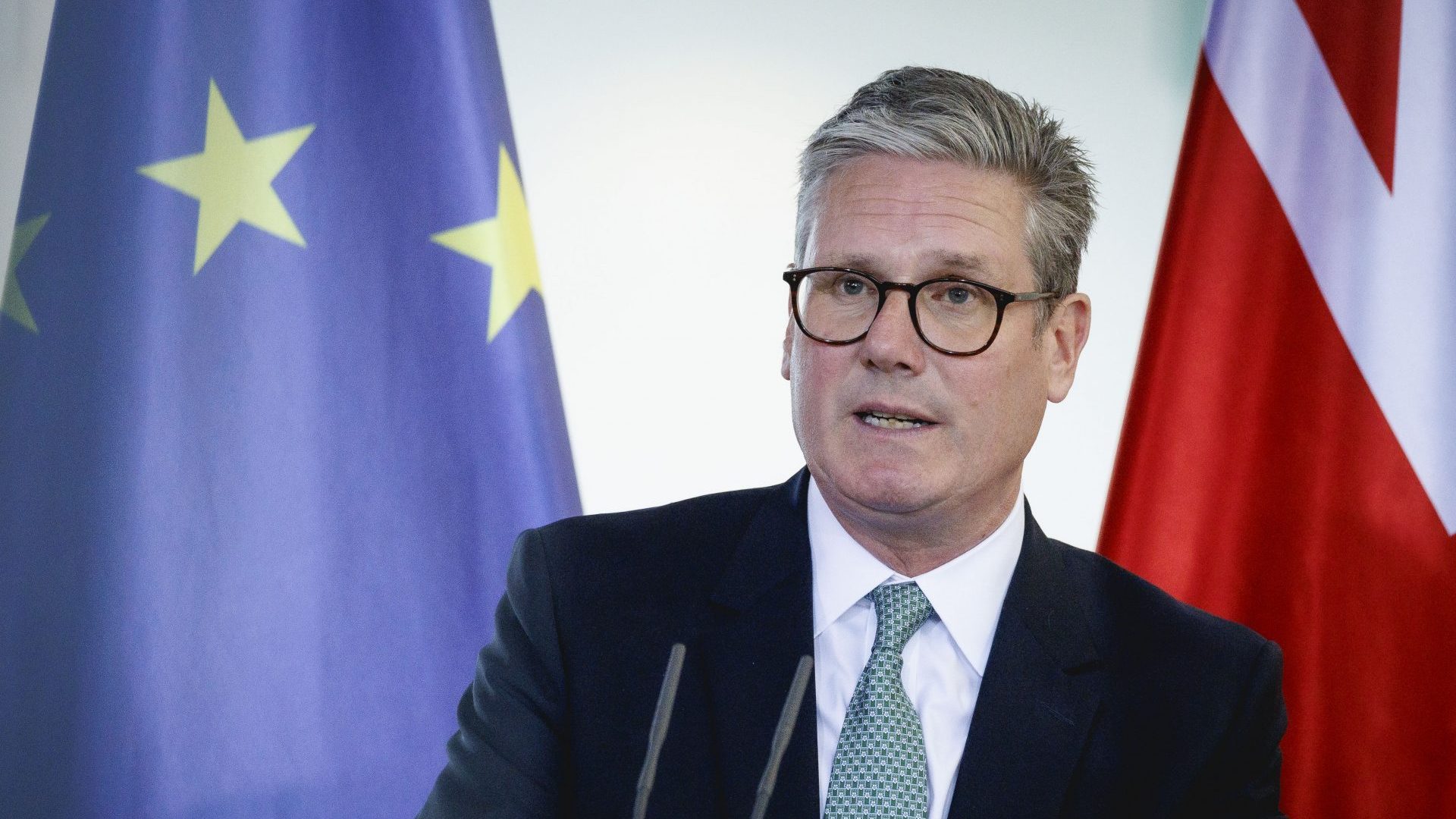Even as the Westminster political and media exodus to Bluesky continued apace last weekend, Elon Musk’s X provided a reminder as to why it cannot be safely ignored – with a lurid tale involving Sir Keir Starmer and the family of the alleged Southport attacker attracting millions of views.
This is a difficult subject to write about, for more reasons than one. The alleged perpetrator of the Southport attack – in which three young girls were brutally killed, and many more left wounded – is awaiting trial, which means that there are strict rules about what can and can’t be reported about him. Breaching contempt can result in unlimited fines and prison sentences. Just as importantly, it can lead to the collapse of trials.
These rules are intended to protect the accused’s right to a fair trial by limiting the amount of information available to a jury to what they hear in the courtroom. Other jurisdictions handle this differently – the US allows the media to report freely, but orders juries to base their decision only on what they hear in the room.
The UK system is strange, in that it trusts juries to make decisions that could mean decades in prison for someone, but doesn’t trust them to ignore what they read in the papers. The problems of that approach are becoming clear in the online age – anonymous or overseas online accounts feel able to say whatever they like, while most mainstream media stays away from anything that might come even close to contempt, out of an abundance of caution.
In this case, the rumours do not relate directly to anything to do with the crime, and so they can be discussed: the allegation on social media is that the father of the alleged Southport attacker committed genocide in Rwanda, but escaped justice (and was allowed to stay in the UK) thanks to being represented by Starmer, then a human rights lawyer.
None of the facts line up to support this. The man identified as the father is not in the UK – he is currently in legal limbo in Tanzania. He shares a first name with the Southport attacker’s father, but they have entirely different surnames. Starmer, now prime minister, does not appear to have ever represented either man, but has previously represented a female survivor of the Rwandan genocide.
There does not seem to be any basis to the extremely viral posts beyond this: based on everything we have seen so far, the rumour is simply not true. This hasn’t stopped some stirring the pot; like former Downing Street strategist Dominic Cummings, who asked for evidence to be messaged to him (“having read highly classified ECHR cases in No 10 beyond Kafka’s imagination, nothing would surprise me”) or right wing pundit Konstantin Kisin, who attracted 7.5 million views for tweeting “I really hope the rumours aren’t true… because if they are, this won’t end well”.
The apparent “fact” that some information on the alleged attacker was “suppressed” by the mainstream media is used to suggest these new claims are being covered up. In reality, the allegations that he tried to make ricin, and possessed al-Qaida manuals could only be reported once it was released by the police, and can’t be discussed beyond what they put out.
This kind of explorative misinformation about emotive topics always risks being dangerous: false information on the attacker’s identity helped to fuel August’s riots. Those suggesting that if viral rumours are ignored they go away are hopelessly naïve: these have had millions of views on X alone, but are being shared in WhatsApp groups well beyond that.
There needs to be a place where such stories – which seem plausible to millions of Brits – are patiently tackled and shown to be untrue, without ridiculing the people who believe them. What we have is the opposite: on social media in the summer, GB News pundits and Reform MPs, right up to Nigel Farage, were fanning the flames of social media rumours, though stopping just short of repeating the details themselves.
By alluding to things “you’re not being told”, they can point people towards this kind of viral misinformation – which they know hurts trust in the mainstream and supports them. As these impressions become established, GB News and Reform can refer back to them ever more frequently, building up a whole separate world with its own truths.
This is exactly what has happened in the USA for years. The Republican Party didn’t have to directly spew out the idea that Hillary Clinton was running a Satanic paedophile ring, or any of the most extreme conspiracy theories. Those could start on sites like Infowars (the Alex Jones site that said the Sandy Hook school shooting was a “false flag”) and online.
Instead, Fox and Republicans would talk in outraged tones about the “scandal” of Clinton, launch investigations, and the like. Fox News would air some of the conspirators, while staying back from its maddest fringes and keeping a veneer of respectability. The two could essentially cleverly legitimise conspiracy theories against their opponents without paying the political price for those themselves.
This is where misinformation and conspiracy become truly dangerous. When they are just online and on the fringes, they might radicalise individuals – leading either to social isolation or in extreme cases, acts of violence – but they don’t do much beyond that. It is only when there is an ecosystem that launders conspiracies into mainstream political discourse that they become truly dangerous.
The UK has avoided becoming as polarised and insane as the US over the last decade because it hasn’t had that ecosystem. We had no shortage of Covid conspiracists on the web – but absent a foothold into mainstream politics, their harm was limited.
In 2024, the UK now has something resembling the Infowars to Fox News to the Republicans pipeline. The infrastructure is in place: there are numerous far right blue tick accounts on X with large, credulous followings. There are GB News pundits happy to lend “mainstream” credibility to the rumours they peddle. And Farage and his party will jump on dangerous misinformation for votes.
In an interview with podcaster Winston Marshall posted last weekend, he said: “On Southport, all I can say is I know a hell of a lot more than the British public know… we are witnessing one of the biggest cover-ups we have ever seen in our lives.”
There is no need for anyone to be on X who doesn’t want to be there. But ignore it at your peril: the UK now has the makings of the disinformation ecosystem that has gutted the USA. If we don’t pay attention to it now, we may see something like Trump 2024 over here – sooner than you’d think.




